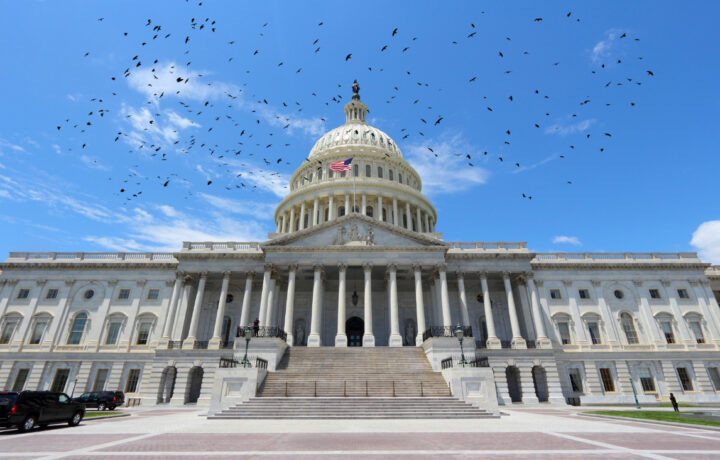The House reauthorized the nation’s surveillance program with a bipartisan vote of 273-147, passing a bill to extend and reform Section 702 of the Foreign Intelligence Surveillance Act (FISA). The bill’s reauthorization period was shortened to two years from the originally proposed five, a change designed to sway critics. This legislative victory comes after dissent had thwarted a similar bill just two days prior. Critics argue that the changes do not go far enough to protect civil liberties. The bill will need to pass the Senate next.
Finding a Compromise
House Speaker Mike Johnson (R-La.) worked to bridge divides, offering a separate proposal next week that seeks to close a loophole allowing U.S. officials to collect Americans’ data from big tech companies without a warrant. This attempt to appease critics highlights the ongoing tension between national security and privacy concerns.
Johnson wasn’t always an advocate of the tool, sharing “when I became speaker I went to the SCIF and got the confidential briefing on sort of the other perspective on that to understand the necessity of section 702 of FISA and how important it is for national security. And it gave me a different perspective.”
The program, technically set to expire on April 19, is expected to remain operational for at least another year due to a recent opinion from the Foreign Intelligence Surveillance Court. However, officials argue that congressional authorization is essential, particularly to ensure continued cooperation from communications companies.
Balancing Privacy and National Security
Despite the bill’s passage, the controversial history of the surveillance program persists, including allegations of civil liberties violations and misuse.
Former NSA Director General Nakasone shared in December that Section 702 was the most important authorization tool they use, saying, “If something occurs, we turn to 702. It is that important to our nation.”
And in February, FBI Director Wray called the tool indispensable in safeguarding Americans from foreign threats, particularly in the realm of cyber attacks. Wray noted in his address to the Intelligence Community (IC), “without 702, we are rebuilding a barrier that obstructs the seamless flow of vital information.”
The reauthorization marks a temporary resolution to a long-standing debate over balancing national security needs with Americans’ privacy rights, but it remains to be seen how future policy changes may affect the program’s trajectory.



